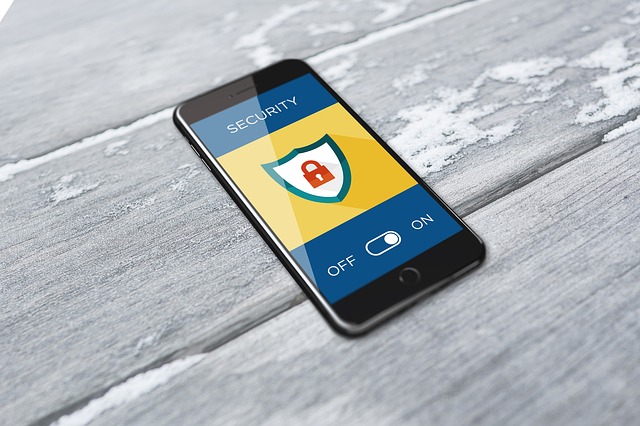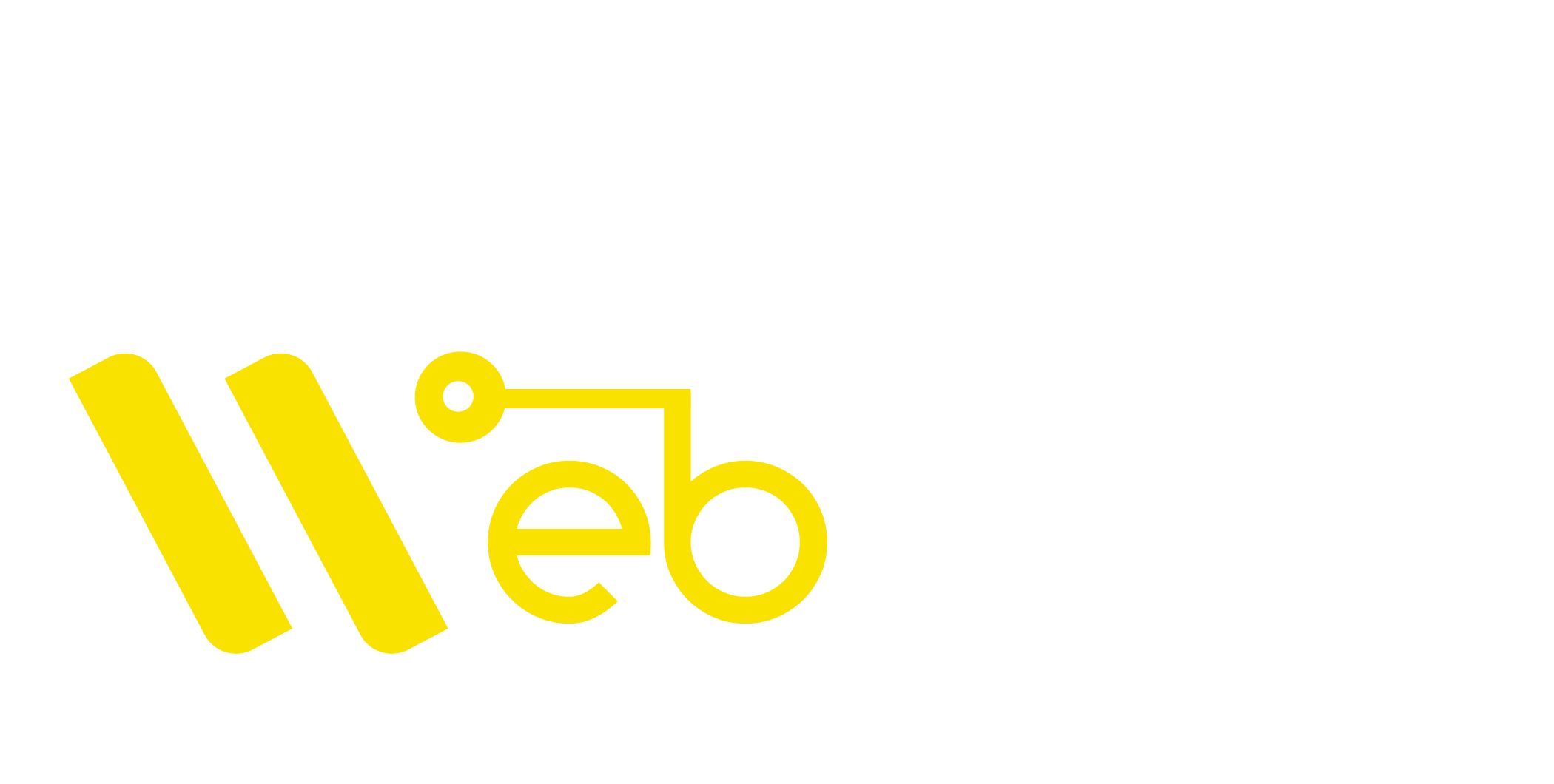iPhone Data Security & Privacy: Many years ago, information was stored in computers as large as a room. Development and technology advancement over the years has now made it such that you can fit a million times more information in a million times smaller unit – just like your iPhone.
With such an advancement also comes a huge concern: if all your data can be in one place, what happens if someone else were to get access to it?
That makes it important to keep your iPhone as safe and secure as can be. If you have been nursing the same thoughts, the tips below are for you.
1. Install iOS Updates Regularly
Apple has a habit of bringing something new with each update, even if it is just a minor update. While they are adding more sweet features to your iPhone data security, you might not know that they are also keeping you protected.
The updates bring iPhone data security patches for bugs and vulnerabilities discovered in the system with the intention to plug such flaws before the word ever got out or many users got exploited by it. To put it another way, not installing your updates regularly puts you in the way of hackers looking to jack your device information and privacy.
2. Research Apps Before Downloading
You must have heard a lot about how loading apps from any other place than the Apple App Store can be an extreme sport, so we won’t overflog the issue. However, we will address a lesser known fact that apps you install on the App Store could also be as dangerous, if not more, than the ones you got outside of it.
Sometimes in 2015, it was discovered that hundreds of apps on the App Store were ridden with a XcodeGhost malware which can be used to remotely control your device in line with phishing attacks. Users who installed any of these apps were exposed to such a vulnerability.
Even though the apps passed the Apple iPhone data security & privacy check, that happened. This is to tell you that mistakes can happen, but you don’t want to be on the other end of such mistakes.
3. Disable USB Accessories on Screen lock
Apple has introduced a new feature in its phones which allows you to disable any access to the device via USB whenever it is locked down. This makes sure anyone connecting your device to a computer can neither access the files on it, try to bypass the lock or even install malicious content without your approval.
This comes in handy if you leave your phone around with people, in public spaces, or when you are simply not aware.
This leads to the next point…
You May Also Like:
How to Prevent Windows 10 From Automatically Downloading Updates
Slingshot Router Malware – Biggest threat for Organisations
Struggling Getting Google Adsense Approval ? Here’s How To Get It!
Remove Inbuilt Android Apps Without Rooting | Step by Step
Why Ubuntu is the Best Among other Linux Distros
Apple iOS: Tips TO Boost iOS Battery Life in iPhones!
Locky Ransomware: Everything You Need To Know About It!
4. Use Strong Passwords
Even if TouchID and FaceID are the most secure mobile phone biometric systems in the world, they will make no sense if a hacker could just input your password and get into the phone.
That is why you should treat your passcode every bit as important as you do the other forms of unlocking your device.
As a general rule for iPhone data security:
• Never use the same password for more than one account. You can install a Password Manager to help keep track of all your account passwords if need be.
• Combine upper and lowercase letters to make it harder for anyone to guess your passwords
• Throw in numbers and special characters (dashes, dots, parentheses, etc.) to make your password even stronger
• Don’t use anything that could easily be guessed about you (such as birthdays, pets name, your children’s names, etc.) for your password
• Change your device password when you notice it has gotten out to some people, no matter how close you are.
5. Install a VPN
There are a lot of reasons why you might need a VPN. For one, it allows you to bypass censorships, could help you get better prices when shopping online and so much more.
That is not what we are focused on today, but the rate at which the same VPN could improve your security.
Nearly every street you turn into, shop you enter, center you visit or park you go to has a free Wi-Fi network waiting for you. This allows you the convenience of browsing the web without worrying about data costs, but what if you were paying with your personal data?
Free Wi-Fi services are usually unencrypted, allowing anyone to snoop on you while connected. Hackers can use such an advantage to access your bank accounts, online login passwords and so much more.
Installing a VPN that is designed for iOS will quell these attacks by making it impossible for anyone to see your Internet traffic at all. While the WIFI network is unencrypted, your own personal connecting enjoys some solid encryption. Thus, the VPN will secure your privacy in its hands.
Get Started Today
The best time to start protecting your iOS device data security and privacy was yesterday. Thankfully, today is another day, and it is not too late to start. Incorporate all the tips above and you will have a much safer iPhone on your hands.












